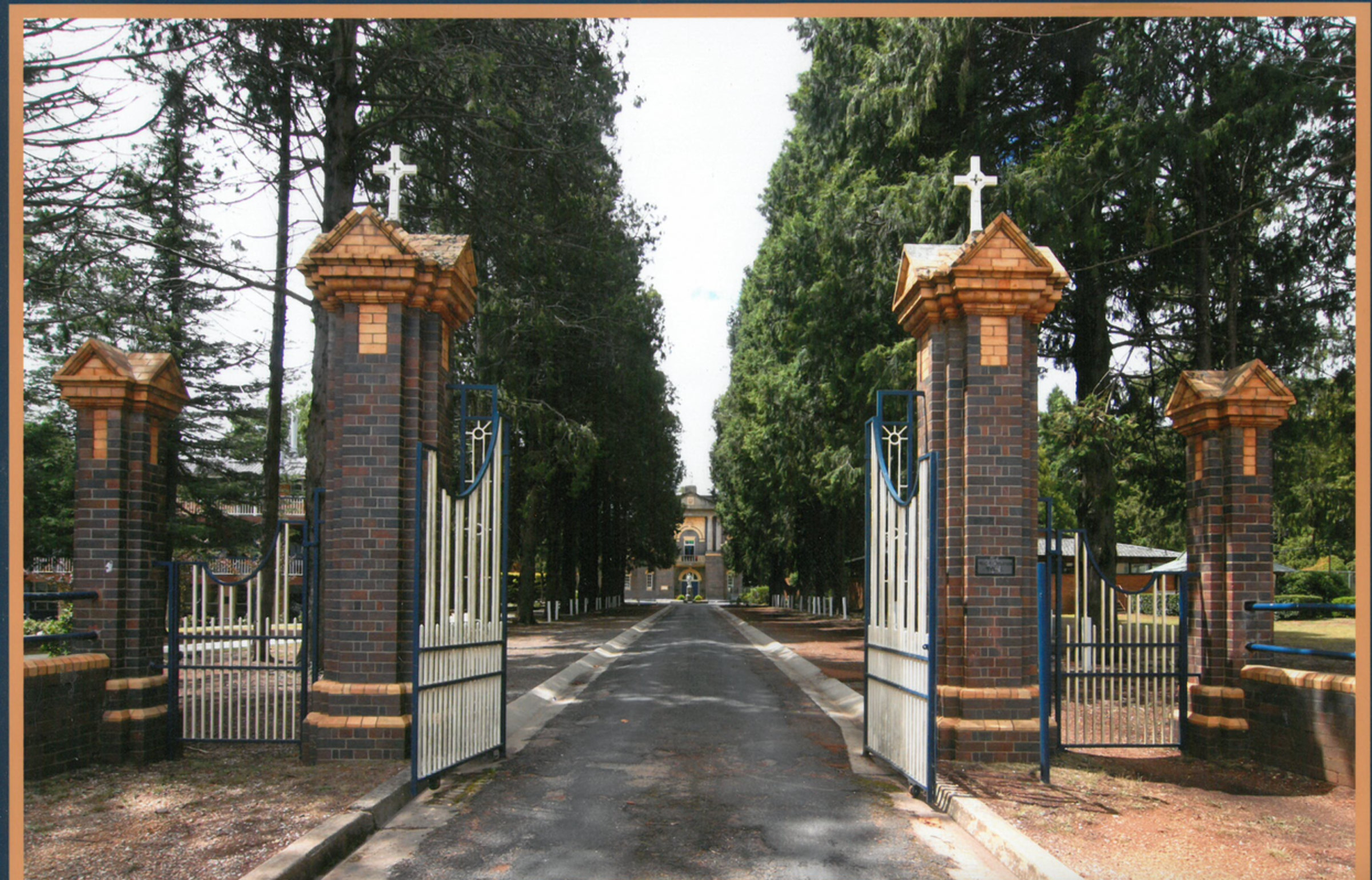Principal's Report

Dear Parents and Carers,
Mental health is important for everyone in our society. Having good mental health leads to active participation in our society and increased life outcomes. You might have seen the findings from the Productivity Commission's Report into Mental Health. The statistics and observations can be overwhelming, for example,
‘Mental ill health and suicide are costing Australia up to $180 billion a year and services are failing to meet "community expectations"’
‘Official data shows that, over their lifetime, half of Australians will be affected by mental ill-health including anxiety and depression - but up to a million people are not getting the help they need.’ Source - Sydney Morning Health ‘Mental illness and suicide 'costing $500 million a day'’
Access to early and quality treatment is essential. The Black Dog Institute statistics show the majority of people (approx 75%) admitted to public sector mental health inpatient services improve notably. ‘In particular, primary mental health care services are central in addressing signs of mental illness in children and young people with appropriate treatment providing both immediate and long term positive outcomes.’ In the Productivity Commission’s Report, it stated that ‘early intervention was needed to give young people the best prospects of recovery, as mental ill health during "critical schooling and employment years" had "long-lasting effects’.
We have been looking at ways we can increase our proactive approach to mental health at O’Connor. Currently we have Emily Fraser from Centacare available at our school three days a week. Emily offers quality ongoing counselling for those who require it. As part of our arrangement with Centacare students can access six counselling sessions which can be extended if required. This counselling is great for students who require support across a range of areas.
Looking at our school and the community we have seen our needs grow in terms of proactive mental health initiatives. We have been exploring ways which will supplement our Pastoral Academic Care program and the counselling service from Centacare. On analysing our community and its needs, we decided that there was a need for a designated Wellbeing Officer to work in this area. One of the recommendations from the Productivity Commission’s report was that all schools should employ a wellbeing specialist to help oversee students’ mental health and wellbeing and form and maintain links with local services.
Mrs Mellissa Bell and Mr Daryl Harper put forward a proposal to the Catholic Schools Office to support a Wellbeing Officer. The Wellbeing Officer will work with both staff and students and provide a holistic approach to wellbeing. This holistic approach would include a wide range of therapies such as art therapy and sand play to allow students to explore a wider range of ways to communicate their thoughts and feelings, beyond talking. Many people struggling with their thoughts and feelings struggle to articulate what is happening for them as they feel threatened, ashamed or exposed. As such, the shared belief is that the Wellbeing Officer will be able to build rapport with the student in a non-threatening environment and will also have the time to foster and nurture the trust needed for a young person to engage with someone. The impact of relationship is well researched, students need to feel heard and cared for, respected and safe before they can learn (Graham et al, 2006).
While the key tasks of a Wellbeing Officer will vary depending on the needs of our learning community, it is expected that they would:
Collaborate and work closely with the School Leadership Team
Work with the PAC leaders and PAC teachers to support the students working towards becoming more resilient and understand the impact of their personal wellbeing. Work closely with teachers to develop and deepen their understanding of the complex needs of our students with current mental health diagnosis or other wellbeing needs
Support the social and emotional wellbeing of our students, their families and our staff
Develop and strengthen the school (and families where required) relationships with specialist services within the Catholic Schools Office or Centacare as well as with other external health services in Armidale and Area Health NSW
Facilitate teacher professional development opportunities that are focused on wellbeing, for both staff and students
Provide ongoing support to HSC students (and others) to manage stress
We are very pleased to announce that the Catholic Schools Office will support this initiative for 2020 and we will work closely with the Catholic Schools Office to monitor the effect of this program. Mr Daryl Harper will take on the role of Wellbeing Officer and we look forward to working with him in this new role. I would like to thank the Catholic Schools Office for their support of this initiative and their continued support of our College.
What new learning will you undertake this week?
Regina Menz
